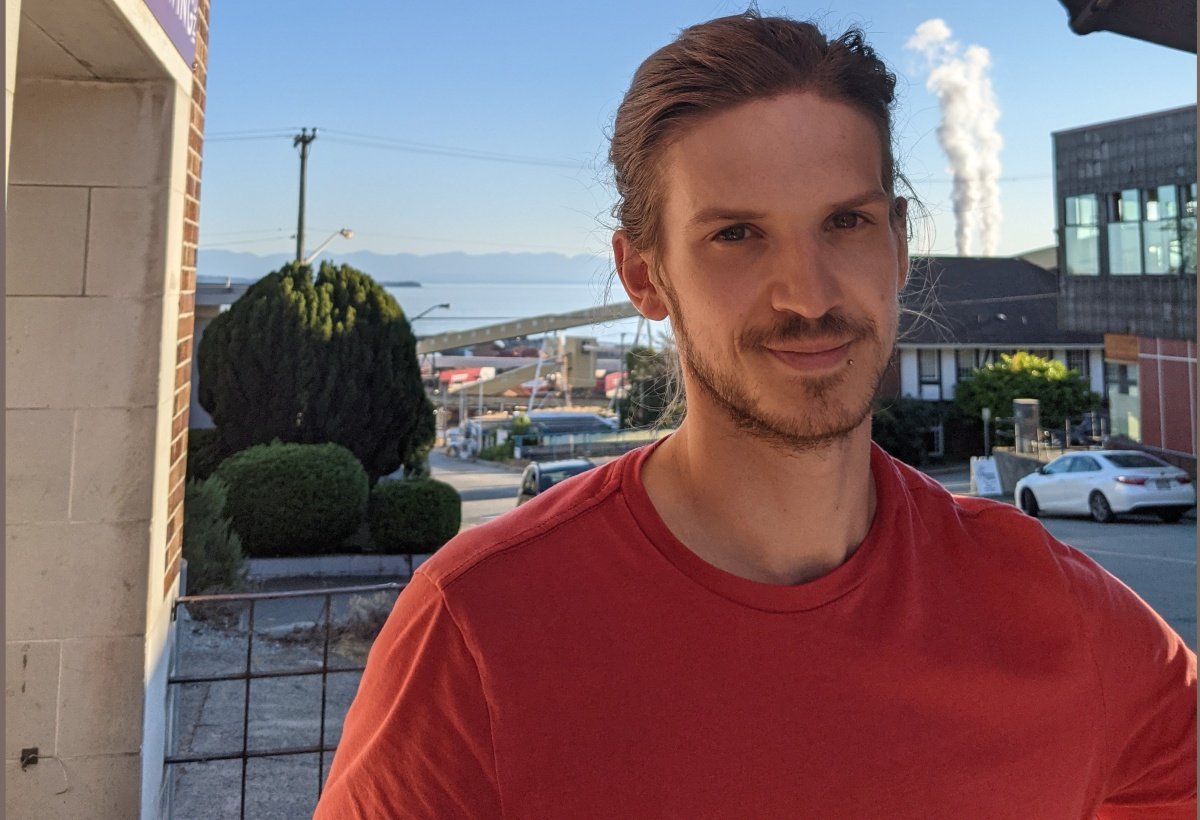Mike Houldsworth, Senior Writer for Taxi
VMLY&R was the #1 network at the Luum Awards, where it received numerous gold medals, including several for TAXI. Does this network best reflect the festival’s message of social consciousness?
I might be biased but I will say absolutely. Social consciousness is ingrained in the culture of VMLY&R and TAXI, starting with the briefs and continuing well beyond the resulting work. It’s something that is always prioritized and pushed for.
From your perspective, what are the biggest communication mistakes made by agencies in regards to issues of social consciousness?
For me the biggest communication mistake would be to stop following up on the issue after the launch of the work. Unless the idea is so good that it immediately causes the issue it’s tackling to stop (which is pretty rare), agencies should continue to try and make a difference.
How do I make advocacy campaigns effective, considering the complexity of these types of messages?
I think the most important step is to consider who we are trying to reach and what action we want them to take. Understand what it is that motivates them, what their habits are, and what will get them to take notice is crucial. Sometimes advocacy campaigns fall flat because they focus on using a cool piece of technology, or an interesting execution only for it to be catering to the wrong audience.
What campaign has surprised you the most, and why? (Either by TAXI, or otherwise)
It’s a year old now but I still have to say “The Lost Class”. The boldness of the idea itself was huge and then for it to actually come to life is something that still surprises me to this day. It was incredibly powerful and made a statement that was impossible to ignore or dismiss.
There are many important campaigns in the media on diversity, racism and equality, but do you think advertisers and agencies are focusing only on the same social issues, while there are hundreds more that are being overlooked?
I think it’s a bit of a cycle to be honest. The people working in agencies are creating work that reacts to what we’re seeing in the media, and if an issue isn’t being covered by news outlets then there’s a chance agencies won’t necessarily be aware of them. So I wouldn’t say “overlooked” is the right word, but rather “unknown”. Perhaps this is something agencies and the media can do better at.
Is advertising a change agent?
Absolutely. When you consider the fact that advertising exists to persuade and change opinion it is 100% a change agent. And, thankfully, in recent years this is being put to good use for important causes.
If you didn’t work in the creative industry, but were an activist, what cause would you fight for?
That’s a difficult question since there are quite a few. The environment would likely be my first choice since the planet is in serious, escalating danger that is already having a deadly effect on parts of the world.





